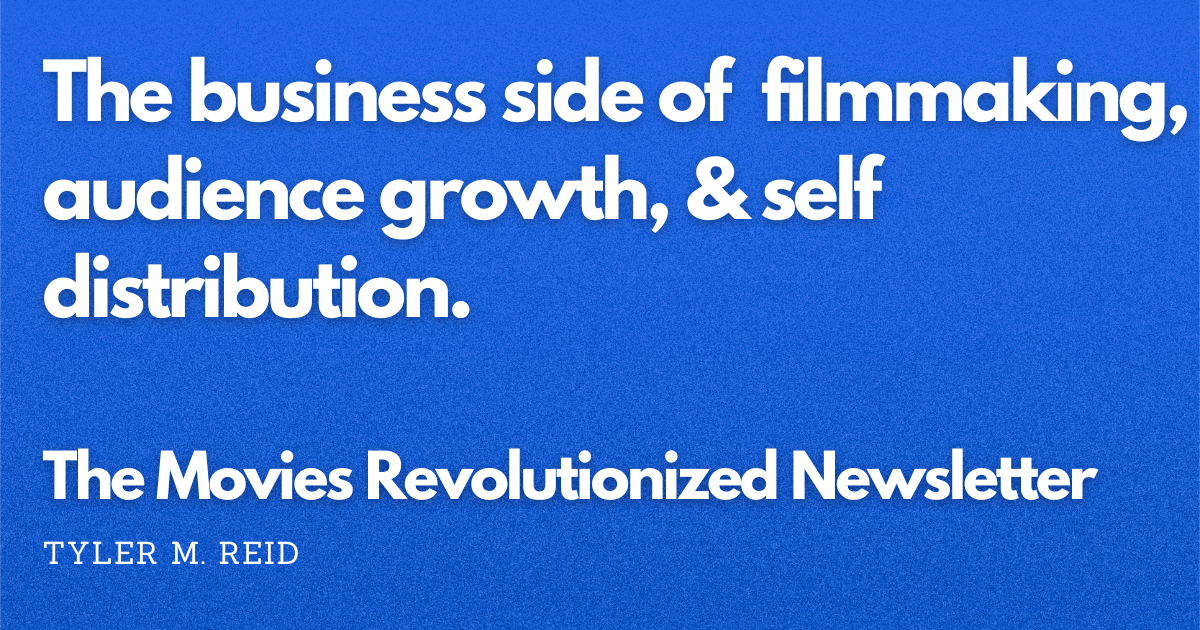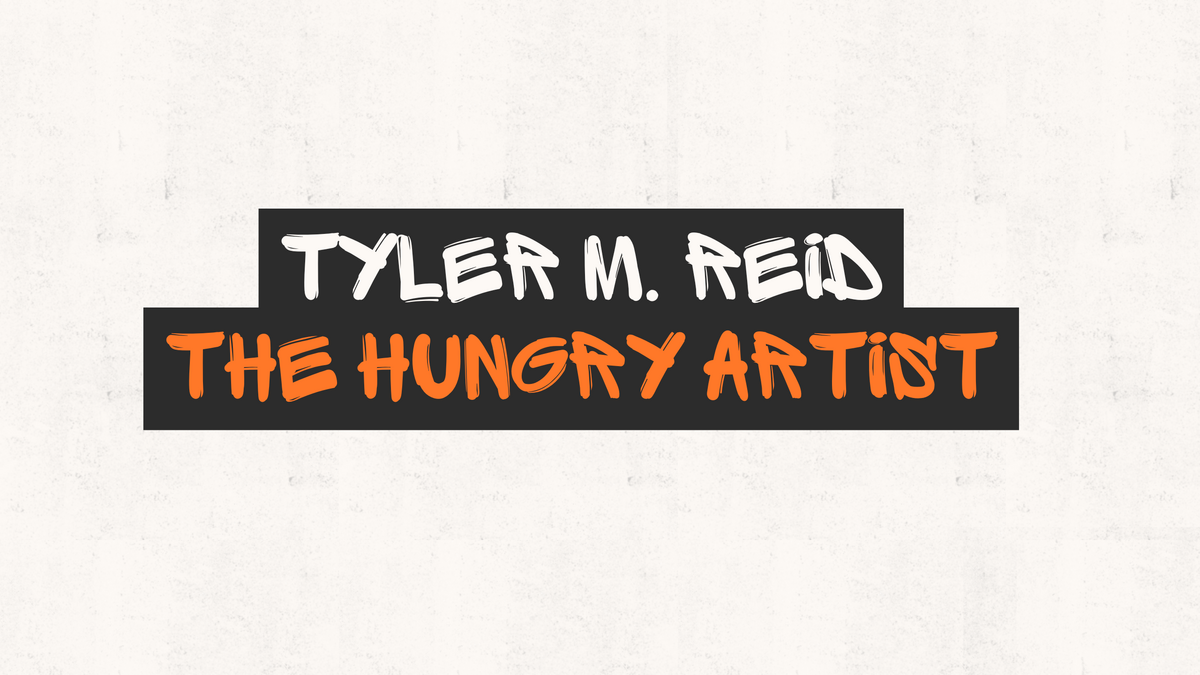I know, on the surface it sounds like a stretch.
Two bestselling authors might not look like they have much in common with the trenches of indie film production. But if you look at the way they work, the way they go from idea to finished book, there are lessons you as a filmmaker can use right away.
Everyone has a process. Everyone is different. And the only way you’ll ever really find out what works for you is by doing it.
Still, it doesn’t hurt to peek over the shoulder of someone who’s already mastered their craft. And when you look at Stephen King and Dean Koontz, you see two completely opposite ways of working, yet both lead to massive success.
The Movie Revolution Filmmaking Lab has launched. Since it is still in early beta stages, I am giving you a $30 OFF code when you sign up!
At checkout, just use code: 30
Stephen King = Momentum First
Stephen King is the definition of forward motion.
He famously aims to write 6 (SIX!) pages every day. He has even stated it doesn’t matter if its a holiday or even his birthday.
His rule is simple: keep going. Don’t stop to fix things. Don’t reread and second guess. Just push the story forward, one page at a time.
At most, King will glance back at the previous day’s work to find his rhythm again, but he doesn’t stop to polish. The real editing comes later.
He calls this “writing with the door closed” (private, messy, just for you) and then “editing with the door open” (where the work is refined and shared).
This method has allowed King to be incredibly prolific. He’s written over 60 novels and hundreds of short stories. His stories sprawl, some wander, but the momentum carries him through. Later, the trimming and reshaping bring order to the chaos.
Sometimes the best thing you can do is stop overthinking and just create. Write the messy draft. Storyboard the sequence. Shoot the footage. Don’t get paralyzed by perfection early on, you can fix it later.
I’m Sold!
At this point maybe you’re thinking, yeah Tyler, you nailed it! That’s the process, just go with the flow, make a mess, clean up later. It allows for that free open mind.
But what makes this dang article fun is that there is an EXACT OPPOSITE APPROACH!
Dean Koontz = Perfection on the Page
Dean Koontz couldn’t be more different.
Where King thrives on momentum, Koontz thrives on precision. He doesn’t believe in sloppy first drafts. In his words: “I revise every page, every paragraph, every sentence over and over again before I go on to the next.”
He’ll spend an entire day polishing a single page until it’s as close to final as possible. Only then does he move on.
By the time Koontz reaches the last page of his book, he’s basically finished. The first draft is the final draft.
He doesn’t need to rewrite an entire manuscript later because he’s already rewritten every sentence as he goes.
Despite this painstaking process, Koontz has written over 100 novels, with more than 500 million copies sold worldwide. He’s proof that being slow and meticulous doesn’t mean you can’t also be prolific.
Sometimes it pays to slow down in the early stages. Perfect the script. Lock in your storyboards. Sweat the details of the budget or the shot list. It can feel slow up front, but it saves you massive rewrites, reshoots, or logistical nightmares later.
Two Opposite Houses
Here’s the simplest way to picture the difference:
King builds the house, then remodels it. The foundation might be messy, the walls might be crooked, but once the frame is up, he can see what works and what doesn’t. He makes it livable later.
Koontz finishes each room before moving on. He paints, decorates, fixes the lighting, makes it pristine. Only then does he start the next room.
Both approaches get you a finished house.
The question is, which way would you rather work?
What does this mean for YOU?
The point here isn’t which approach is better.
Stephen King trusts momentum. Dean Koontz trusts precision. They couldn’t be more different in how they work, and yet both have been wildly prolific, publishing dozens upon dozens of books and selling hundreds of millions of copies between them.
That’s proof enough, success doesn’t come from following one “correct” process. It comes from finding the process that lets you keep creating.
That’s the lesson, there is no one right way to create.
Some filmmakers thrive with King’s style. They move fast, shoot a ton, find the story in the edit, and keep the energy alive by never stopping.
Others are Koontz-like. They can’t stand to move forward until every detail is nailed down. They’ll spend months in development, revising scripts and perfecting budgets, but once production starts, everything runs like clockwork.
Both styles can work. What matters is figuring out which one works best for you.
Finding Your Process
So what does this mean for you?
If you’ve been stuck waiting for the “perfect” draft, try King’s approach: just get it down. You can fix it later.
If you’ve been running into chaos because you rush forward too quickly, try Koontz’s approach: slow down and get it right before you move on.
Mix and match. Steal pieces of each method. Maybe you write like King but edit like Koontz. Maybe you prep like Koontz but shoot like King.
The point is, your process is yours. The only way to discover it is to keep making things.
Your approach is the best
Stephen King and Dean Koontz sit at opposite ends of the spectrum, yet both have built legendary careers. That should be encouraging.
It means you don’t have to copy anyone else. You don’t have to feel guilty about being fast or slow, messy or meticulous. What matters is that you keep working and keep finishing.
So learn from others. Borrow what resonates. But remember, you’ll only know your process by doing.
Now, what’s your next page, your next shot, your next draft?
The Movie Revolution Filmmaking Lab has launched. Since it is still in early beta stages, I am giving you a $30 OFF code when you sign up! At checkout, just use code: 30


